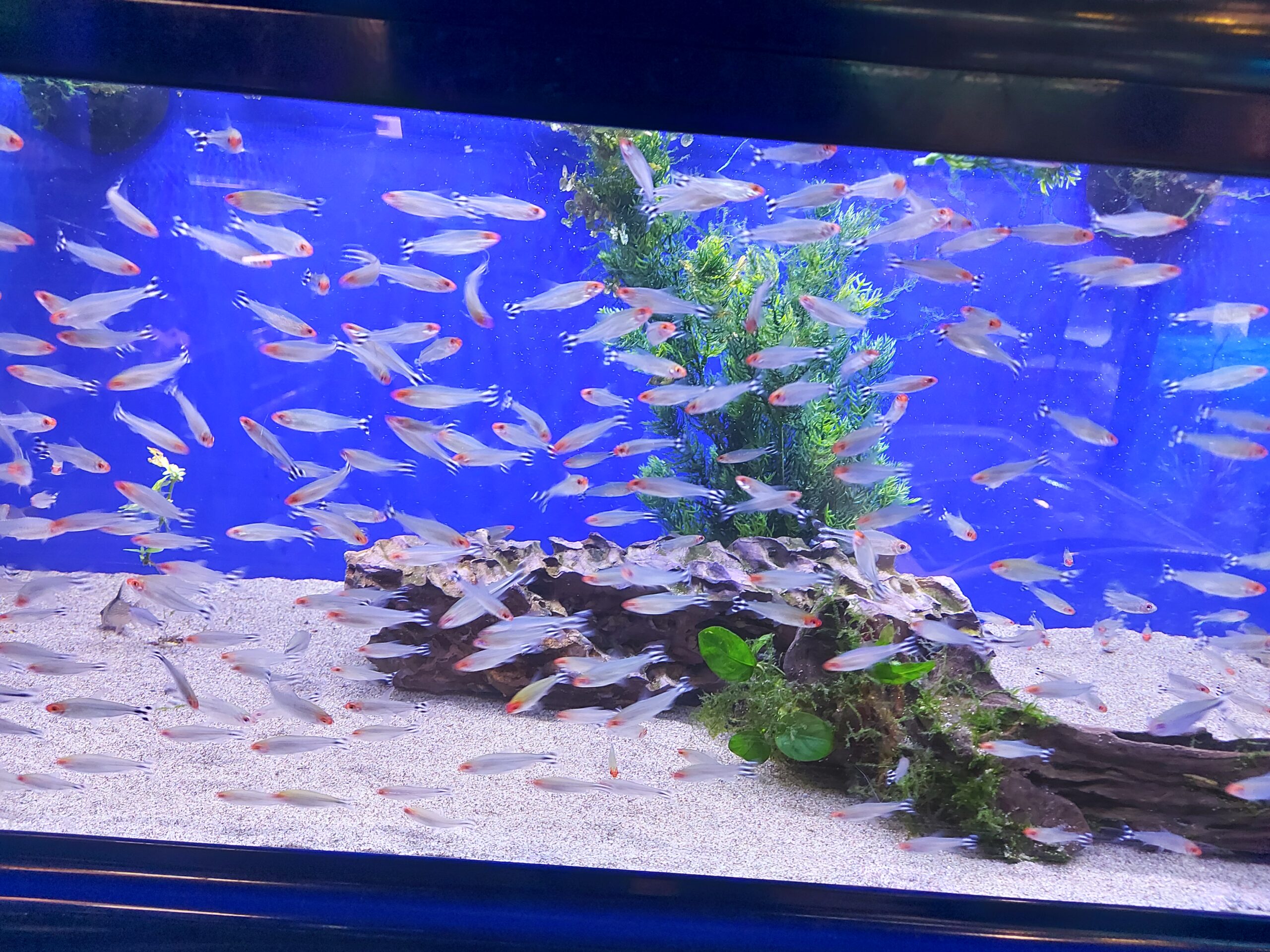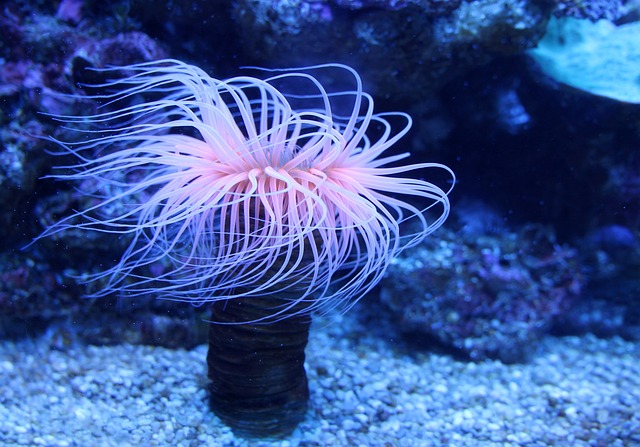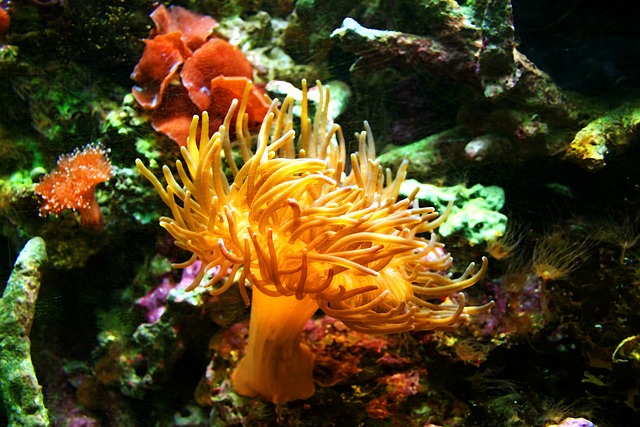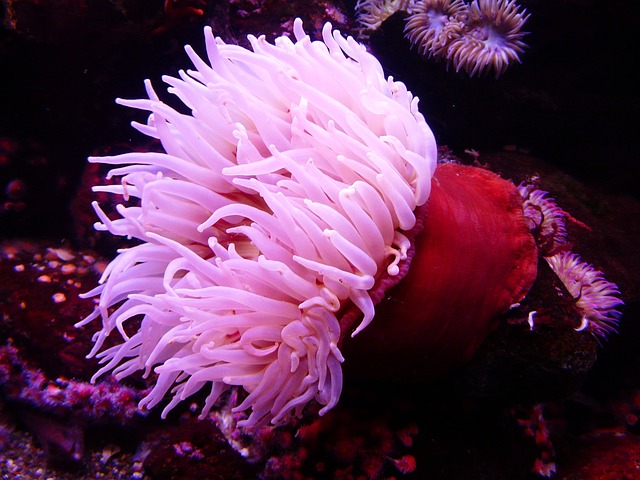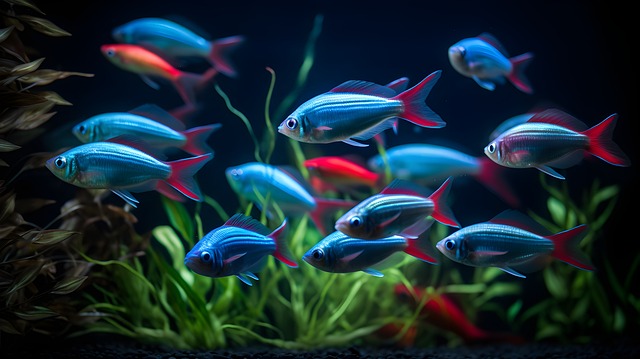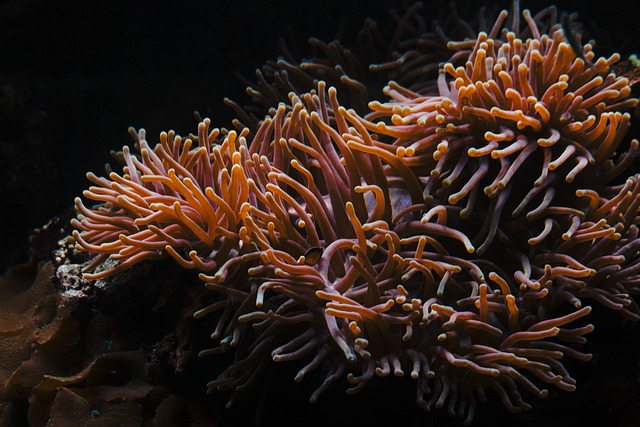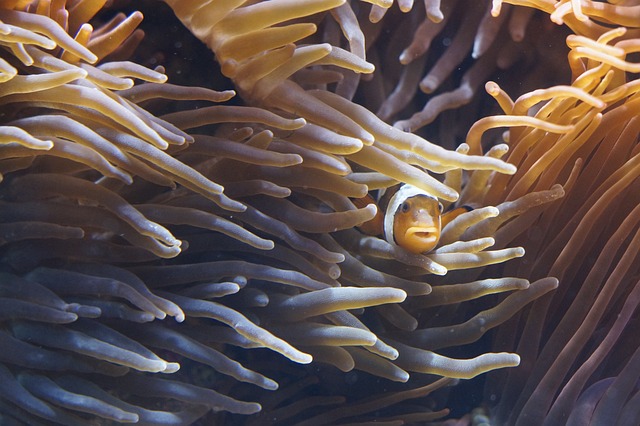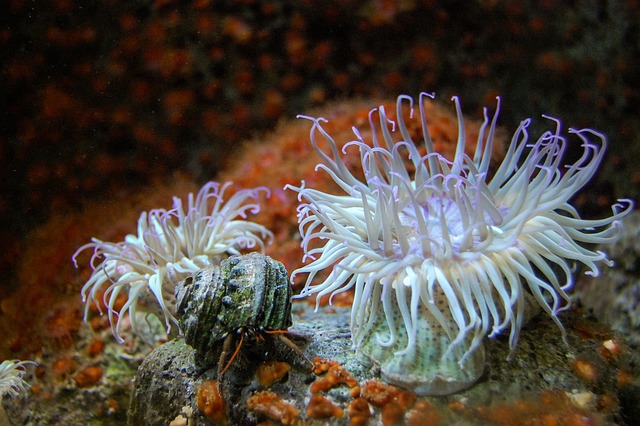When it comes to keeping fish, knowing what to expect regarding their behavior and health is essential. For example, one question often arises among fish owners is whether guppies float when they die. It’s a common concern, as floating fish can indicate poor health or even death.
In this article, we’ll explore the topic of guppies and floating and provide some insights into what it means when these fish begin to float.
Guppies are a popular species of freshwater fish known for their vibrant colors and playful personalities.
While they are generally hardy and easy to care for, they can be susceptible to various health issues. One of the most common concerns among guppy owners is whether these fish float when they die.
The answer to this question is not a simple yes or no, as several factors can impact whether a guppy floats or sinks after death.
In the following paragraphs, we’ll explore this topic and why guppies may float when they pass away.
Do Guppies Float When They Die?
When it comes to keeping fish, one of the most common questions is whether guppies float when they die. The answer is yes; guppies do float when they die.
However, this does not necessarily mean they are dead, as some sick or stressed fish may float at the surface.
What Causes Guppies to Float When They Die?
Guppies float when they die because their bodies become less dense than water. This is due to the accumulation of gases in their bodies, which causes them to become buoyant.
The gases are produced by the decomposition of organic matter in the fish’s body, and they can cause the fish to bloat and float to the surface.
How Long Do Guppies Float After They Die?
The length of time that guppies float after they die can vary depending on several factors, including the water’s temperature and the fish’s size.
Guppies generally float for a few hours to a few days after they die.
Is Guppy Floating a Sign of Illness?
While guppy floating is often a sign of death, it can also indicate illness or stress.
If a guppy is floating at the surface but still alive, it may suffer from swim bladder disease or another illness. Stress can also cause guppies to float, as they may become disoriented and lose their ability to swim properly.
In conclusion, guppies float when they die due to the accumulation of gases in their bodies. However, floating can also indicate illness or stress in live guppies.
It is essential to monitor your fish closely and take appropriate action if you notice any unusual behavior or symptoms.
What to Do When You Find a Dead Guppy
Removing the Dead Guppy from the Tank
When a guppy dies, removing it from the tank as soon as possible is essential to prevent any potential health hazards to other fish.
Use a net to gently scoop up the dead guppy and place it in a plastic bag. Be careful not to disturb the other fish in the tank.
Disposing of the Dead Guppy
Once you have removed the dead guppy from the tank, it is essential to dispose of it properly. Do not flush it down the toilet or throw it in the trash. Instead, wrap it in newspaper or paper towels and place it in the garbage.
Preventing Guppy Deaths
To prevent guppy deaths, it is essential to maintain a clean and healthy environment for your fish. Keep the tank clean by regularly changing the water and removing any debris.
Make sure the tank is aerated correctly and has a suitable temperature for your fish. Also, feed your guppies a balanced diet and avoid overfeeding them.
In addition, it is essential to monitor your guppies for any signs of illness or disease. If you notice any changes in behavior or appearance, take action immediately by consulting with a veterinarian or a fish expert.
By following these simple steps, you can ensure the health and well-being of your guppies and prevent any potential health hazards to other fish in your tank.

